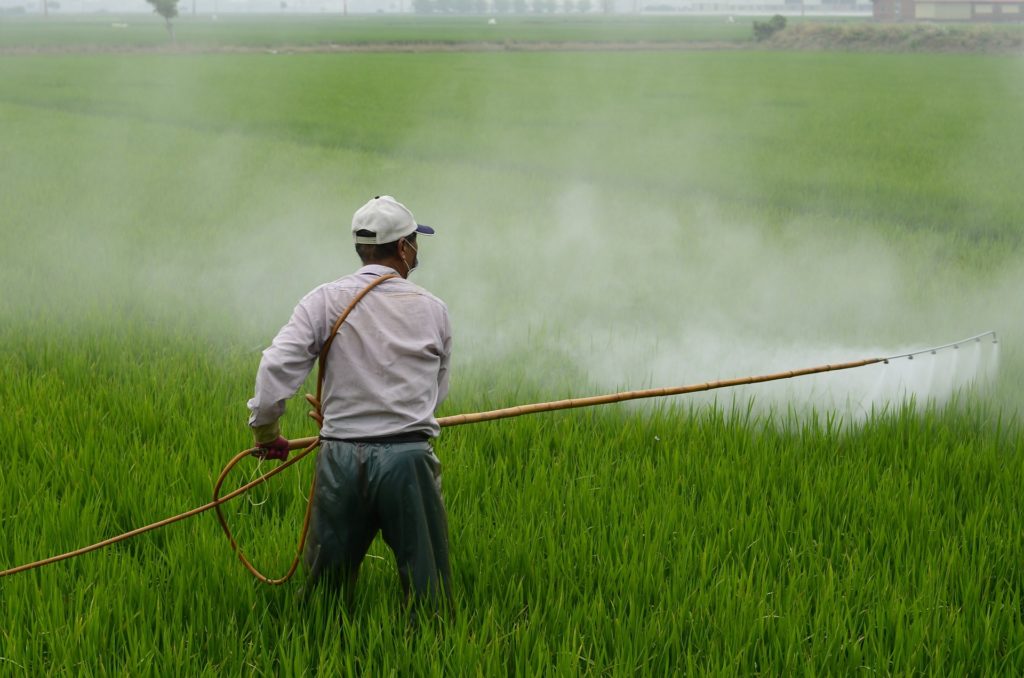A Landmark Case
In a landmark victory for farmers affected by pesticide spray drift, a Missouri jury forced Monsanto and BASF to pay $250 million in punitive damages to Bill and Denise Bader of Bader Farms.
Bader Farms, Missouri’s largest peach producer, filed suit against Monsanto for causing major damage to its orchards due to the drifting of the pesticide dicamba. Dicamba is a weed killer that had traditionally been limited in use because of its propensity to drift and harm crops. In 2017, however, Monsanto and BASF released new formulations of dicamba designed to be sprayed over genetically modified soybean and cotton crops and advertised to be less prone to drift.
A Failure to Inform
But once shown the hundreds of internal corporate documents and emails, official state studies, and published papers on the topic, the jury overwhelmingly found that Monsanto and BASF’s dicamba weed killers were in fact prone to drifting from the genetically modified soybean and cotton fields where they are sprayed and onto neighboring fields, like the Bader’s.
The jury determined that Monsanto and BASF were liable for negligent design of their pesticide dicamba and failure to provide necessary information about the risks of those pesticides. For example, Illinois, the nation’s top soybean producing state, had fewer than 100 total drift complaints annually for all pesticides for 30 years. But since Monsanto introduced a new version of dicamba in 2017, it set new records each year – with more than 700 dicamba complaints in 2019.
In awarding punitive damages, the jury also found that Monsanto and BASF engaged in a “conspiracy to create an ecological disaster to increase profits.”
Other Monsanto Pesticide Drift Cases
The Monsanto dicamba pesticide drift litigation has parallels to cases Thornton Law firm is currently litigating in Hawaii on behalf of families who lived downwind from Monsanto genetically-engineered seed farms and whose children were born with severe birth defects as a result of pesticides drifting into their homes.

